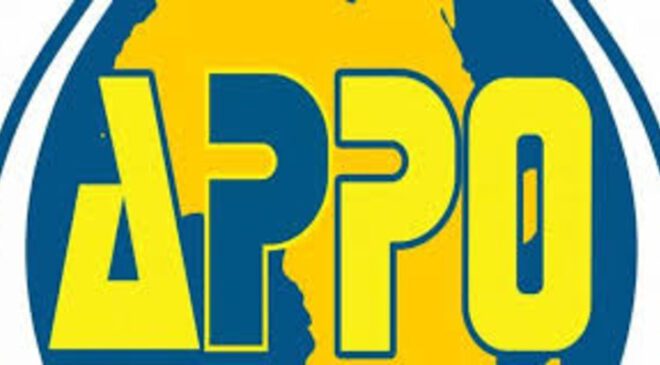
CAPETOWN/SA: The African Petroleum Producers’ Organization (APPO) and Afreximbank have announced significant progress in establishing the $5 billion Africa Energy Bank, an initiative aimed at bridging Africa’s persistent energy financing gap.
Speaking during a workshop on the project, Dr. Omar Farouk Ibrahim, Secretary General of APPO, said the bank had made rapid strides in mobilizing capital. “We have succeeded in raising a large chunk of the funds we needed to get this bank started. In the last two to three years, we have achieved what no other development bank has in terms of the timeline,” he said.
Highlighting the scale of the challenge, Ibrahim noted that over 600 million Africans still lack electricity, despite the continent exporting the majority of its oil and gas production. “If we want energy for our people, then we have to fund the projects,” he said, stressing that Africa must lead in financing its own energy development. “We have a duty to ensure the African continent is not left behind in terms of energy access; in doing so, we cannot continue to look to others to help us. If we get outside support, it should be to supplement what we have done.”
Haytham El Maayergi, Executive Vice President of Afreximbank, underscored the financing challenges facing African nations, pointing to higher borrowing costs and lower credit ratings. “Africa is being penalized – we pay more per kilowatt before subsidies than anywhere in the world, because the costs of financing energy projects are higher. When we borrow, we pay more because our credit ratings are not as high… It’s a toll on Africa,” he explained.
Figures presented at the workshop showed that Africa receives only 4% of global climate investment, even though the continent will require between $1.6 trillion and $1.9 trillion by 2030 to transition away from fossil fuels. The annual energy finance shortfall is estimated at $31–50 billion, with fossil fuels still accounting for up to 82% of government revenues in some countries.
The Africa Energy Bank is expected to play a critical role in closing these gaps, ensuring the continent has access to sustainable and reliable energy financing while supporting development and energy security.
